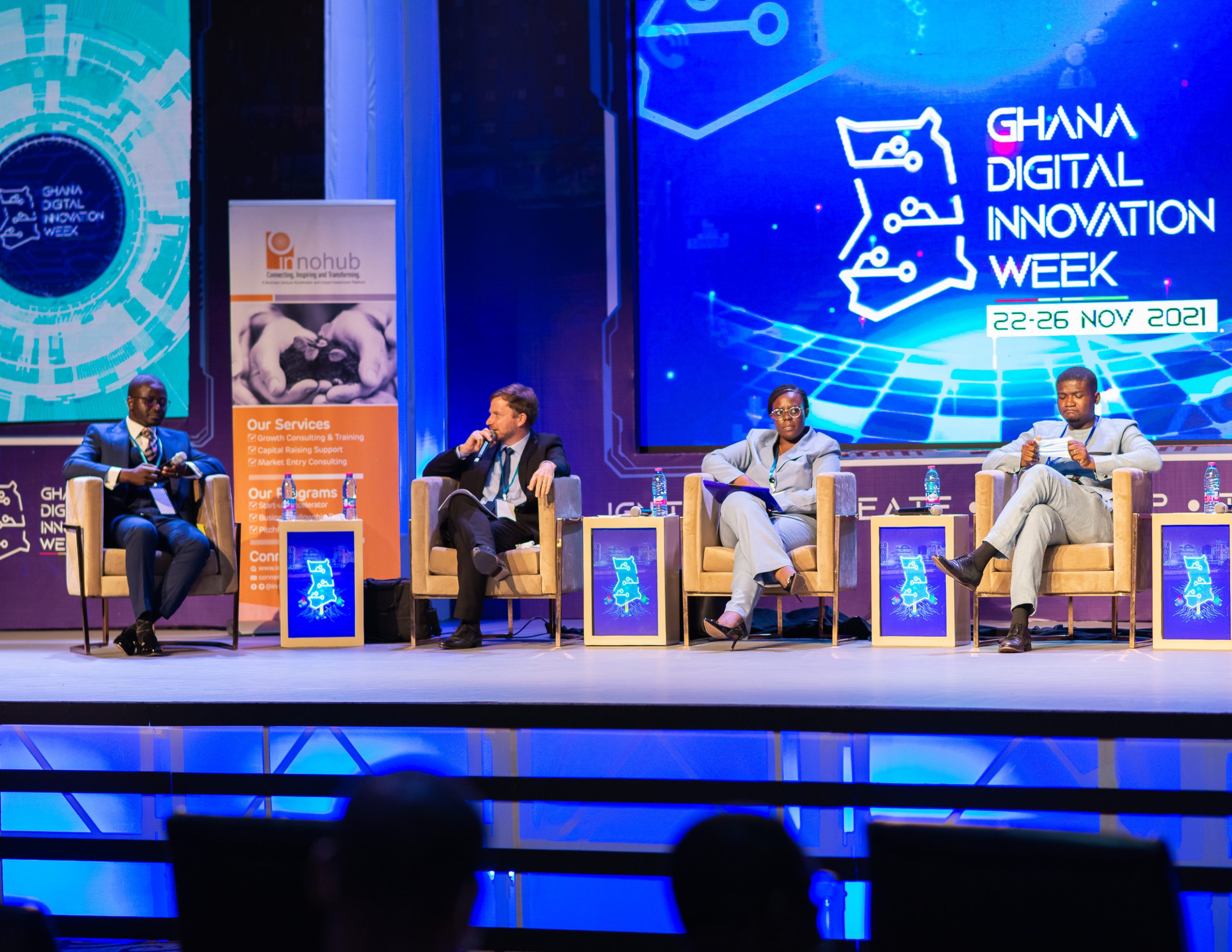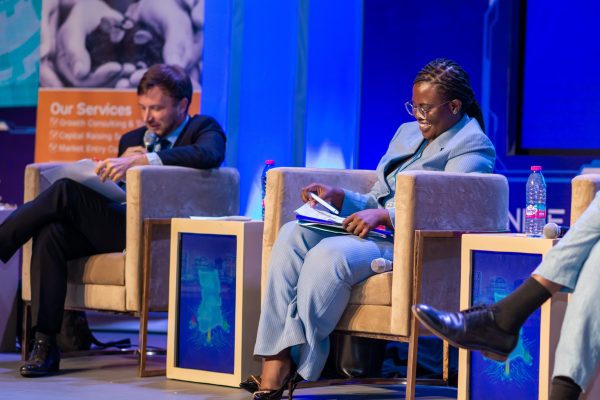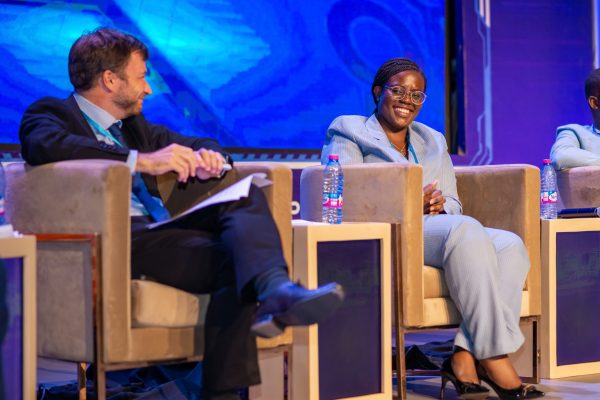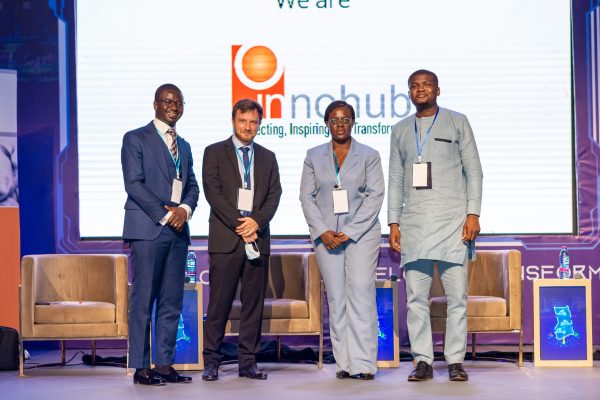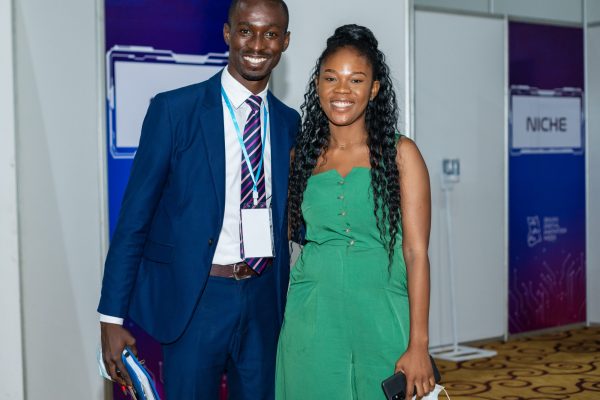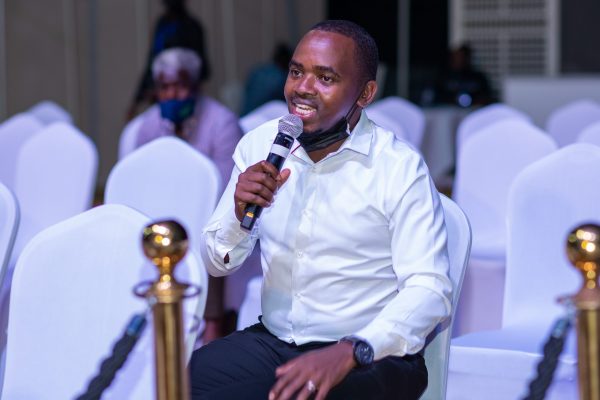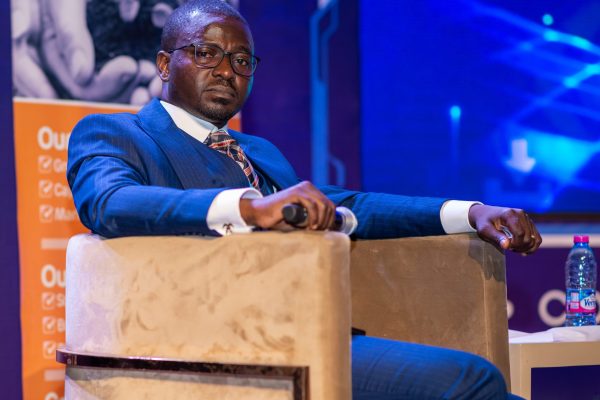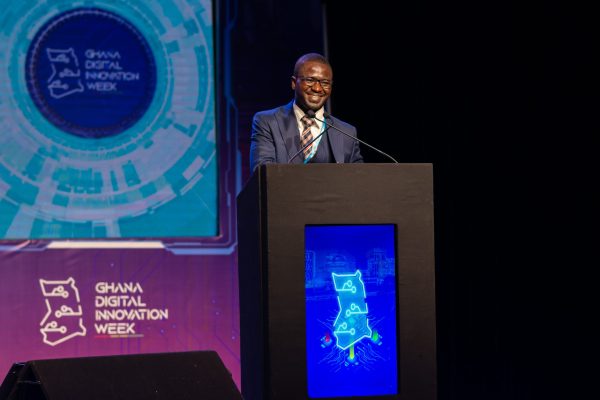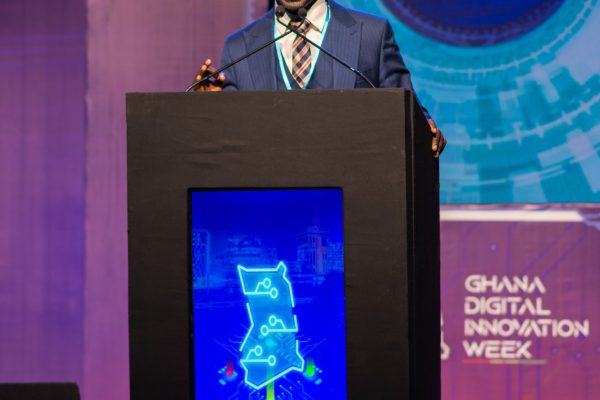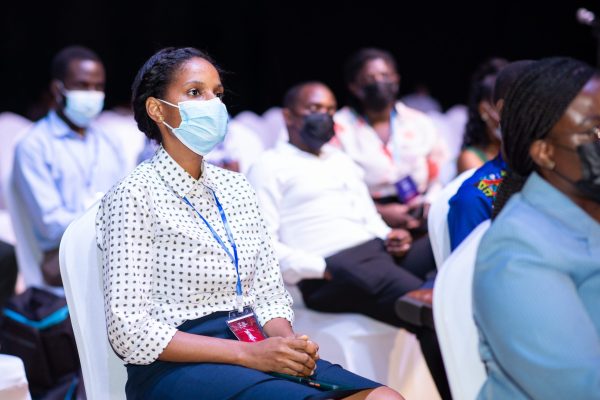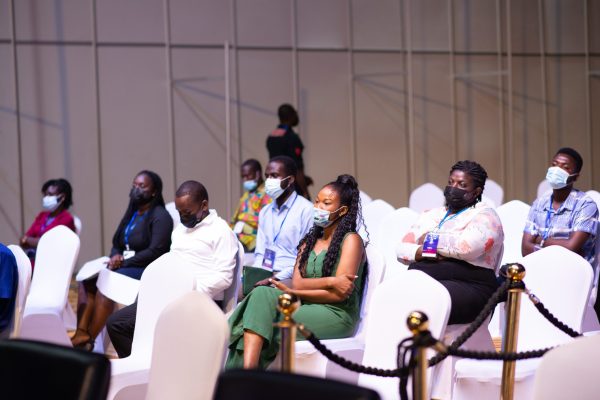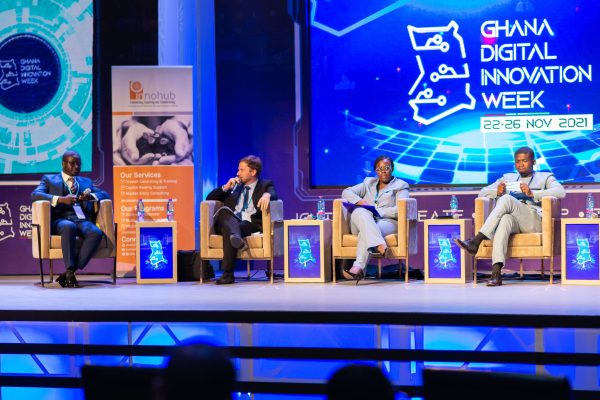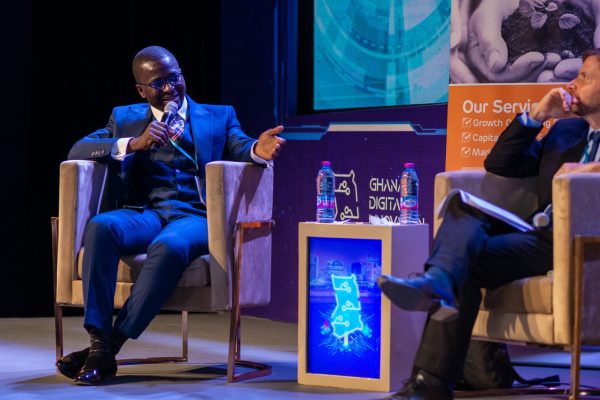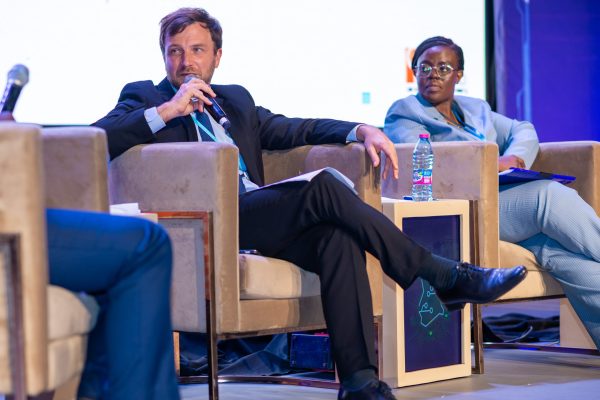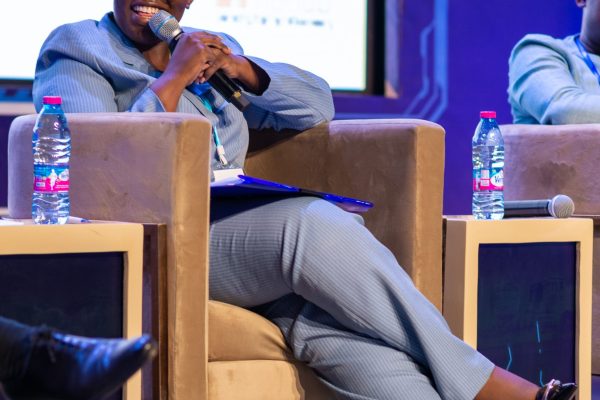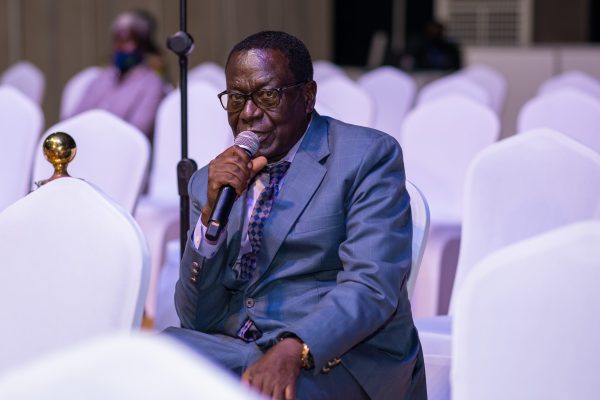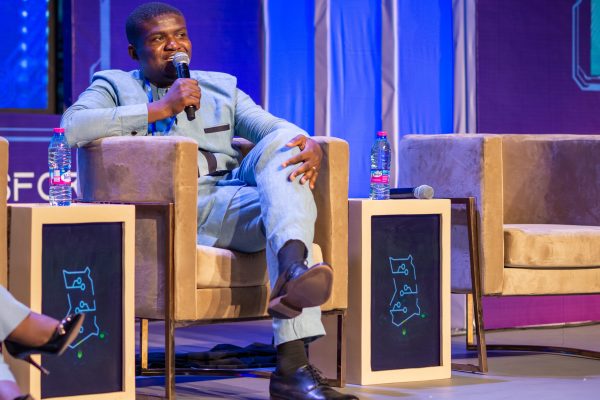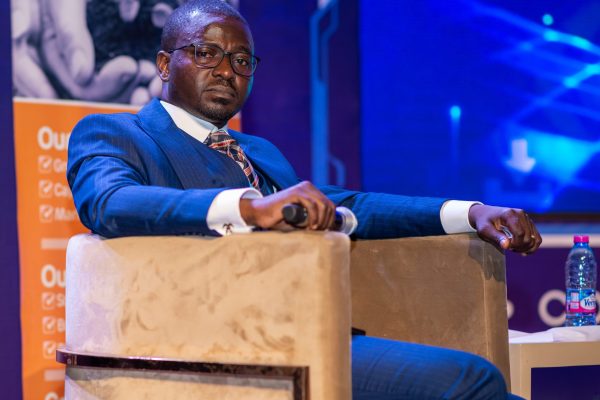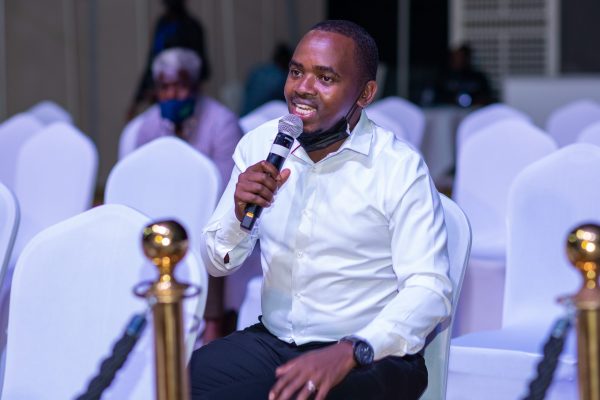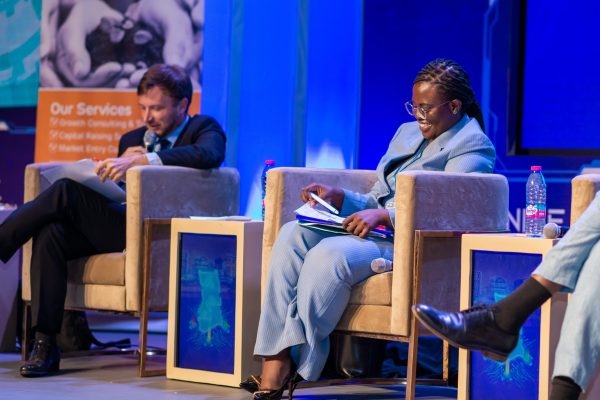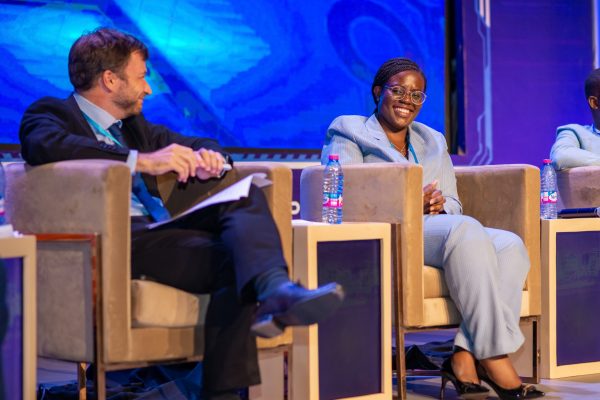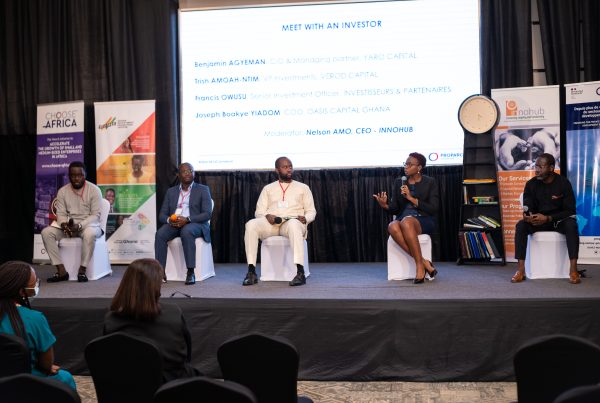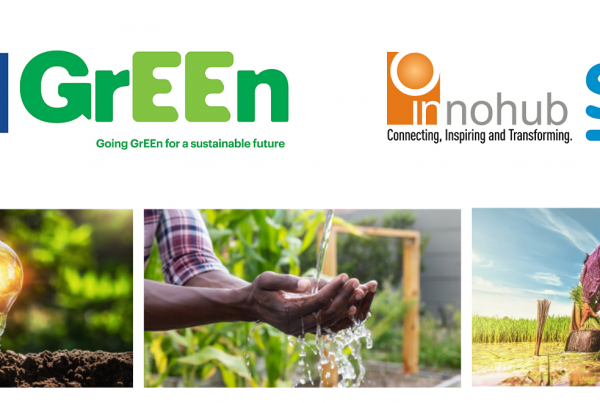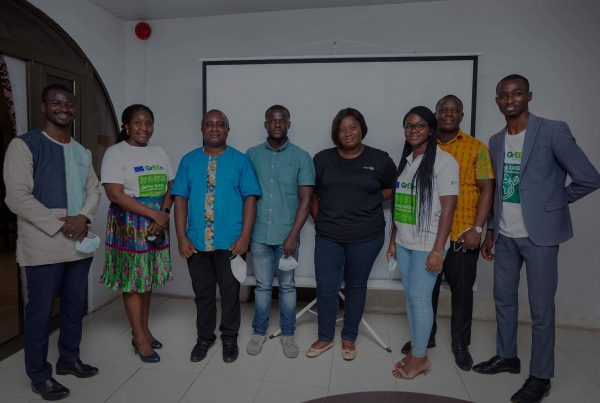
The Ghana Digital Innovation Week (GDIW) under the auspices of the Office of the Vice President of Ghana brought together Innovators to celebrate the accomplishments of Ghana’s digital innovation ecosystem and build momentum towards a shared vision for its future development.
The week-long event which commenced on 22nd November, and ended on 26th November 2021, was under the theme “Mobilising Collective Action and Investment to Catalyse Growth in Ghana’s Digital Innovation Ecosystem; Ignite, Co-create, Develop, Transform.”
During the event, Innohub hosted a Panel Discussion on the theme: “Building partnerships for Digital Innovation”, and had expert panellists for the session including Dr. Christophe Cottet, Country Director for Agence Française de Développement (AFD), Ms. Karyn Hyde-Cooper, Political and Economic Coordinator at the Israeli Embassy in Ghana, and Mr. Emmanuel Mumuni, Africa Economic and Social Development Technical Advisor at GIZ Make-IT in Africa.
The discussions highlighted on key conversations around how the right partnerships for innovation can be built between innovation enablers, start-ups, and other respective stakeholders for a sustainable development.
Primarily, it was established that there was the need to establish what a collaborative approach towards fostering Innovation could look like, what the intended results of the collaboration would be, the means of verification, and how to make it happen. Panellists agreed on the need to co-create the frameworks for longer term partnerships, anchored on a clear understanding of, and alignment with the interest areas of participating stakeholders. There would also be the need for accountability and professionalism to allow partnerships to thrive.
Secondly, it was noted that sometimes it could be challenging for collaborations in the ecosystems to work. However, to deepen the scope of Impact of Partnerships, it was concluded that there was the need to pilot around research, that could help enforce collaborations between private and public institutions to build long term deals and partnerships for innovation. It was also highlighted that there was the need to still have an open mind and an open room for building partnerships notwithstanding unfavourable track records in the ecosystem. The main strategy here will be to build systems that would work for all partners on board.
In his comments, Mr Emmanuel Mumuni of GIZ Make-IT in Africa said, right partnerships to foster innovation should be grounded with research that have well-spelt out project objectives and outcomes, as well as specialisation by the ecosystem actors. He felt Ghana’s ecosystem would do much better if enablers could find the core areas of strength, and identify partners who could work with them in those niche areas over the long-term horizon.
Ms. Karyn Hyde-Cooper of the Israeli Embassy also encouraged triangles that have government, academia and private players collaborating for innovation and development. Citing the example of the Israeli-Ghana AgriTechAccel, a projected executed as a partnership between the Israeli Embassy in Ghana, Innohub and the Pears Program for Global Innovation from Israel, she presented how Ghanaian Agritech startups benefitted from coaching by AgriTech experts to refine their solutions through such an initiative.
On his part, Dr. Christophe Cottet of Agence Française de Développement (AFD) also concluded that dynamism of entrepreneurs should not be underestimated. He again emphasized that Donor organizations would always be interested in digital innovations and solutions, as there’s the idea and no denial that development can be accelerated by that. He was highly appreciated of the professionalism demonstrated by Innohub in its execution of a project that the company executed in partnership with AFD. He however called for the need for partnerships that will make more funding available to startups in the ecosystem.
The session was moderated by Innohub’s CEO, Nelson Amo, and had in attendance Policy Makers, Investors, Entrepreneurs, Students, Leaders and Representatives from Businesses & Startups, Private Sector Institutions, Academia & Research Institutions, as well as Developmental Agencies.

